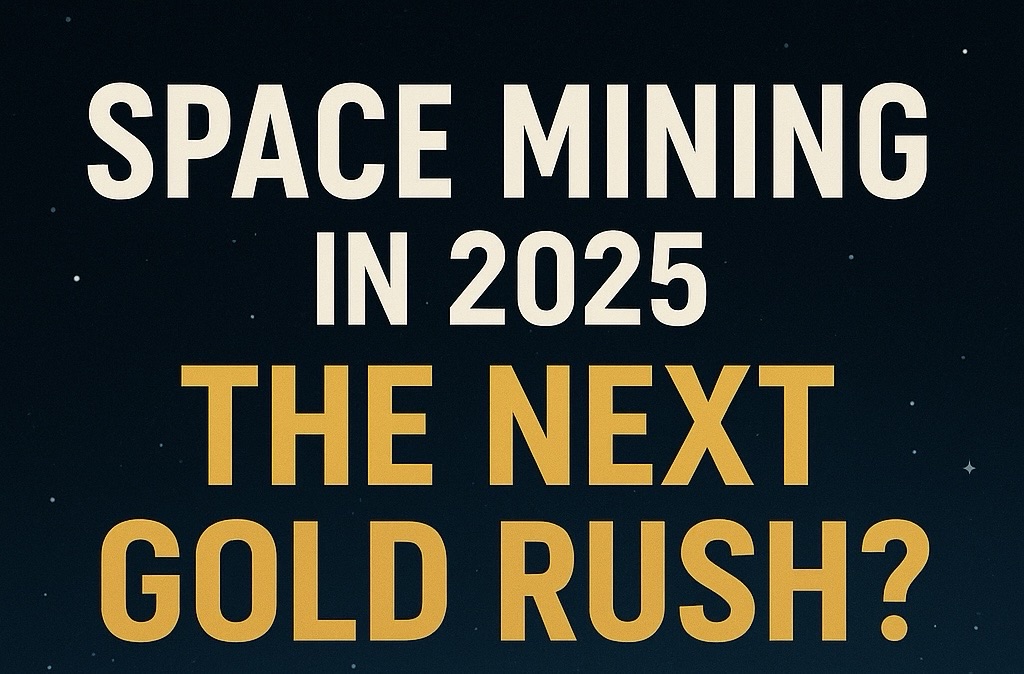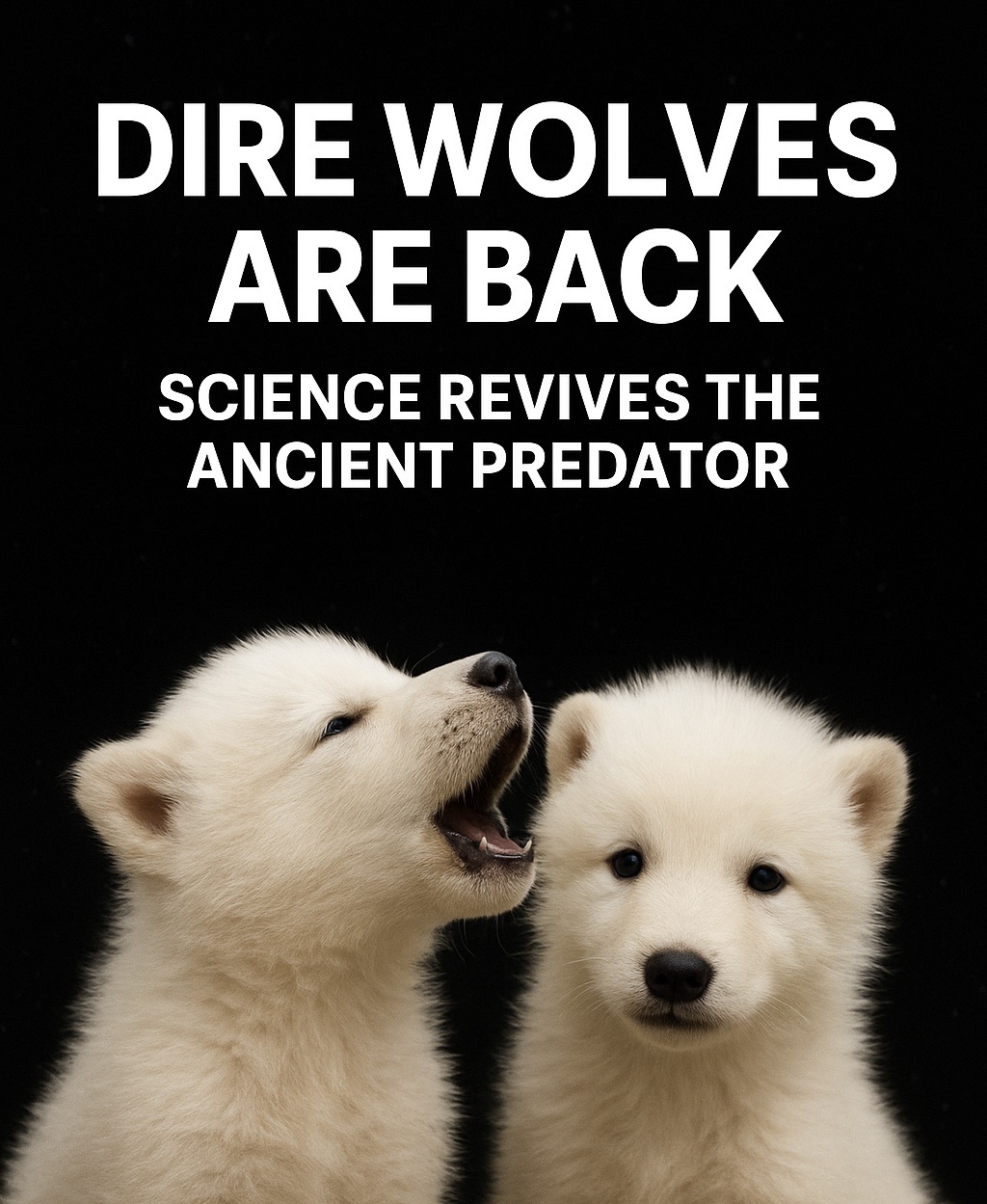For centuries, gold rushes on Earth transformed economies and fueled dreams of fortune. But in 2025, the next great frontier for wealth may lie far beyond our planet. Space mining — the extraction of minerals and resources from asteroids, the Moon, and other celestial bodies — is no longer science fiction. With rapid advances in technology and billion-dollar investments from governments and private companies, the race to mine the stars is heating up.

🚀 Who’s Leading the Race?
Several players are already staking their claim in this cosmic gold rush:
NASA: With the Psyche mission launching to a metal-rich asteroid, NASA is pioneering research into how space mining could work. SpaceX: While Elon Musk’s company focuses on Mars colonization, its rocket technology could become the backbone of future mining missions. Private Startups: Companies like Planetary Resources and Asteroid Mining Corporation are developing spacecraft designed to survey and eventually extract materials. China & Luxembourg: Both nations have declared space mining as a strategic priority, investing heavily in research and international partnerships.
💎 What Minerals Are Out There?
Platinum-group metals (used in electronics and green energy). Gold and silver (high value, global demand). Rare earth elements (critical for batteries, smartphones, and defense tech). Water ice (which can be split into hydrogen and oxygen for rocket fuel).
One mid-sized asteroid could contain more platinum than has ever been mined in human history.
⚠️ Challenges Ahead
While the potential is massive, space mining faces enormous hurdles:
🚀 Cost: Launching rockets and equipment into space is still extremely expensive. 🛰️ Technology: Mining in zero gravity with harsh radiation is untested. ⚖️ Legal Issues: Who owns space resources? International space law is still unclear. 🌍 Economic Risks: Flooding Earth’s markets with precious metals could crash prices.
🌍 Opportunities for Humanity
If successful, space mining could:
Provide limitless resources for technology and industry. Create new jobs and industries, from engineering to space logistics. Reduce reliance on Earth’s limited mines, protecting the environment. Fuel deeper space exploration by providing in-orbit refueling stations.
😨 Could It Be Dangerous?
Not everyone is optimistic. Some experts warn that space mining could spark:
Space conflicts over valuable asteroids. Environmental impacts if mishandled debris threatens Earth. Inequality if only the wealthiest nations or companies control resources.
✨ Conclusion
The gold rush of 2025 may not take place in dusty frontiers or deep mines, but among the stars. Space mining could reshape our economies, solve resource shortages, and open a new chapter in human history. But as with every rush for riches, the question remains: will it benefit all of humanity — or just a powerful few?




Pingback: How Artificial Intelligence is Quietly Changing Your Everyday Routine in 2025 - baeolah
Pingback: Streaming Wars 2025: Who’s Winning the Battle for Your Screen? - baeolah
Pingback: Top 10 Space Missions to Watch in 2025 and Beyond (Including Elon Musk’s Mars Plans) - BAEOLAH